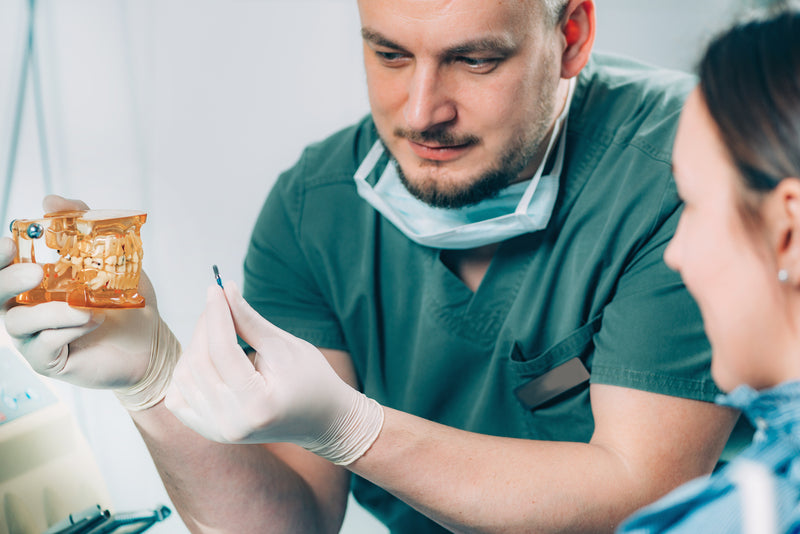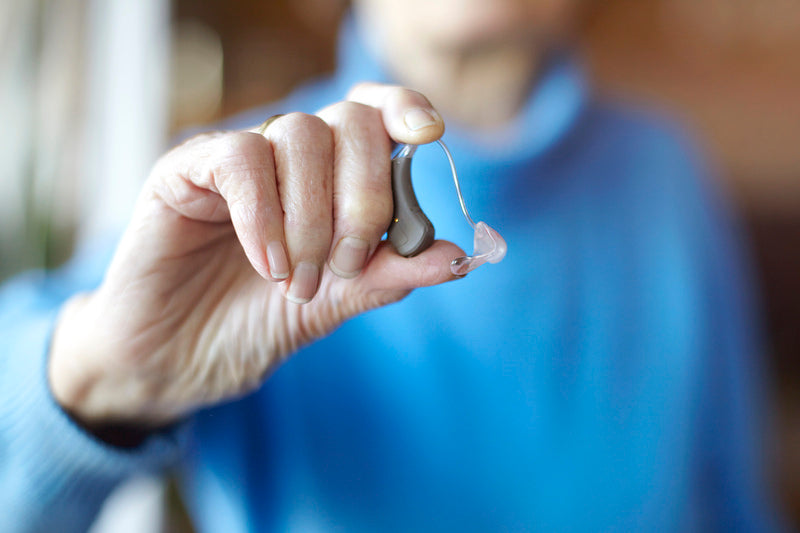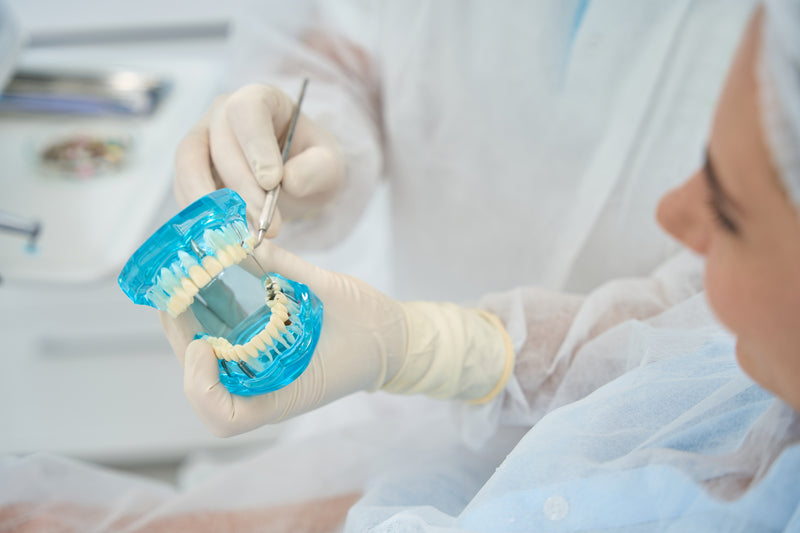Study Finds That Minimal Exercise Could Improve Health
Regular physical activity is widely recognized as a crucial component of a healthy lifestyle. However, the perception that exercise requires lengthy, intense workouts may deter some individuals from engaging in physical activity. A recent study challenges this notion, revealing that even minimal exercise can have significant health benefits.
This article explores the findings of the study, highlighting the positive effects of minimal exercise on various aspects of health. Understanding the potential impact of small amounts of physical activity can inspire individuals to incorporate movement into their daily routines and reap the rewards for their overall well-being.
The Study on Minimal Exercise and Health
The groundbreaking study examined the impact of minimal exercise on health outcomes by observing a large group of participants who engaged in short bouts of physical activity. The study defined minimal exercise as brief periods of movement, such as a few minutes of walking, light stretching, or simple calisthenics. The participants were compared to a control group that did not engage in any form of exercise.
The results revealed that even minimal exercise had significant health benefits. Participants who incorporated brief bursts of physical activity into their daily routines experienced improvements in several key areas, including cardiovascular health, metabolic function, mental well-being, and overall mortality rates.

Improved Cardiovascular Health
Minimal exercise was found to have positive effects on cardiovascular health. Even short bouts of activity, such as brisk walking for a few minutes, can increase heart rate and improve blood circulation. Regular bursts of movement stimulate the cardiovascular system, leading to enhanced cardiovascular function, reduced risk of heart disease, and improved overall cardiovascular health.
Enhanced Metabolic Function
The study also demonstrated that minimal exercise can have positive effects on metabolic function. Short bursts of physical activity can help regulate blood sugar levels, improve insulin sensitivity, and enhance the body's ability to utilize glucose for energy. These metabolic benefits are particularly significant for individuals at risk of developing conditions such as type 2 diabetes or metabolic syndrome.
Positive Mental Well-being
Engaging in even minimal exercise can have a positive impact on mental well-being. Exercise triggers the release of endorphins, known as "feel-good" hormones, which can boost mood and reduce symptoms of depression and anxiety. Furthermore, even short bursts of physical activity can improve cognitive function, memory, and concentration, contributing to better overall mental health.
Decreased Mortality Rates
The study also found that incorporating minimal exercise into daily routines was associated with a lower risk of mortality. Participants who engaged in short bouts of physical activity had reduced mortality rates compared to those who remained sedentary. This highlights the importance of movement, even in small doses, for improving longevity and overall health outcomes.
Conclusion
The findings of the study underscore the significance of minimal exercise for improving health. Incorporating short bursts of physical activity into daily routines can lead to enhanced cardiovascular health, improved metabolic function, positive mental well-being, and reduced mortality rates. Engaging in even minimal exercise is a valuable investment in one's overall health and well-being. By breaking down the barriers to physical activity and embracing small opportunities for movement, individuals can experience the transformative benefits of exercise, no matter how minimal.




